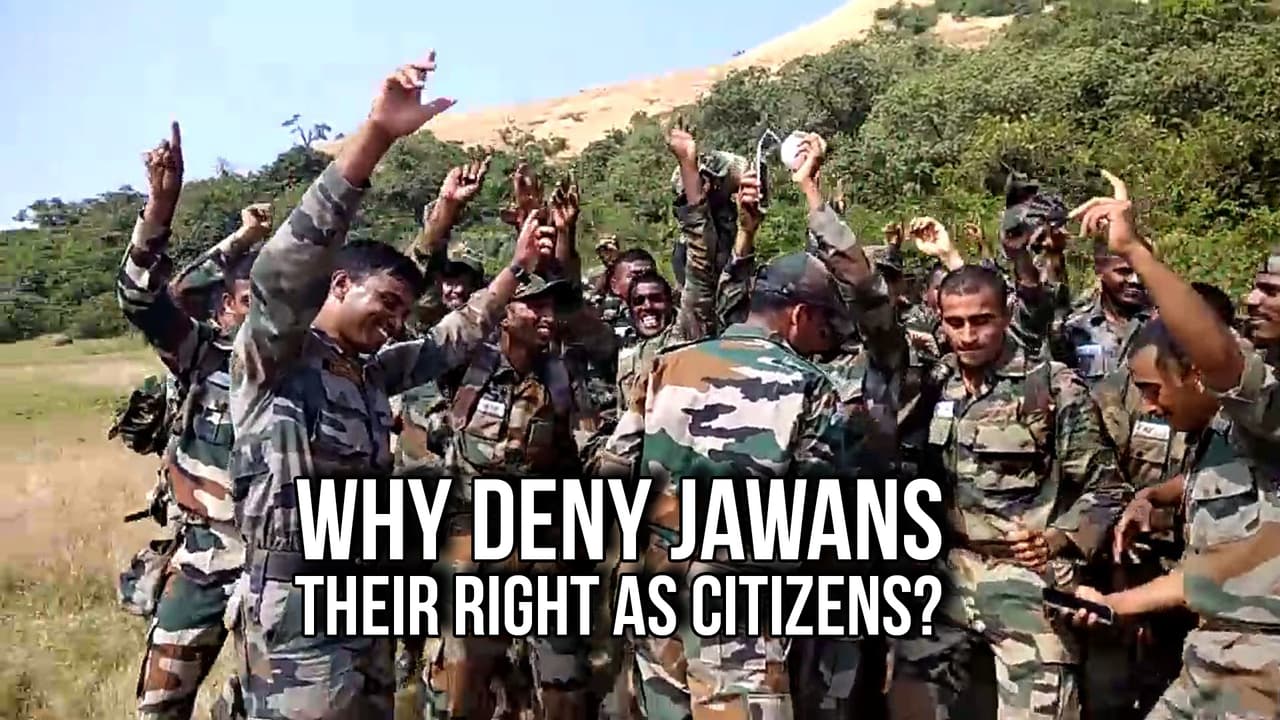Arguing for the jawans, advocate Gokhale said that the Election Commission’s assertion that the demography of field areas such as Tawang would change was not accurate as, in States such as Assam, the total number of Army troops present would be around 40,000 while the number of people in the electoral rolls is around 50 lakh
New Delhi: In one of the most awaited decisions in a case about giving voting rights to troops at the place of their posting even in field areas, the Supreme Court today directed the government to file a report and issue relevant notifications in the next four weeks.
As per an interim order of the apex court, soldiers are allowed to enrol as general voters at the place of their posting in peace stations but they are not allowed to do so in field areas as the election commission feels that this would change the demography of places such as Tawang in Arunachal Pradesh where it fears that the number of troops would be higher than the number of locals.
"We want that there should be a mechanism where the soldiers should be enrolled as general voters and vote at the place of their posting rather than through postal ballots for the electoral process in their native place as it is not practical," senior lawyer Neela Gokhale who has filed the plea, told MyNation.
Gokhale said the postal ballot mechanism was not practical as it had a window of only 14 days in which the soldiers had to receive the ballots through post at the place of their posting and then it has also to be sent back to their native place to count their votes.
As per an RTI reply by the Election Commission, the soldiers are allowed to vote at their native places only, but Gokhale said this was not practical as the jawans left the places at the young age of 18-20 years and then served for almost two to three decades far away.
Gokhale claimed that the Election Commission’s assertion that the demography of field areas such as Tawang would change was not accurate as, in States such as Assam, the total number of Army troops present would be around 40,000 while the number of people in the electoral rolls is around 50 lakh.
Officers of the Army, who were present in the Supreme Court premises in personal capacities, said this was a fundamental right that should be given to them as, while spending three to four years in one place, they should also have the right to elect their representatives as they and their families also face issues of roads and other civic problems.
"We should have a say in electing candidates too — even in field areas as we also face issues in the field — and if we have voting rights, the candidates and (people’s) representatives would cater to our needs as well," they said.
